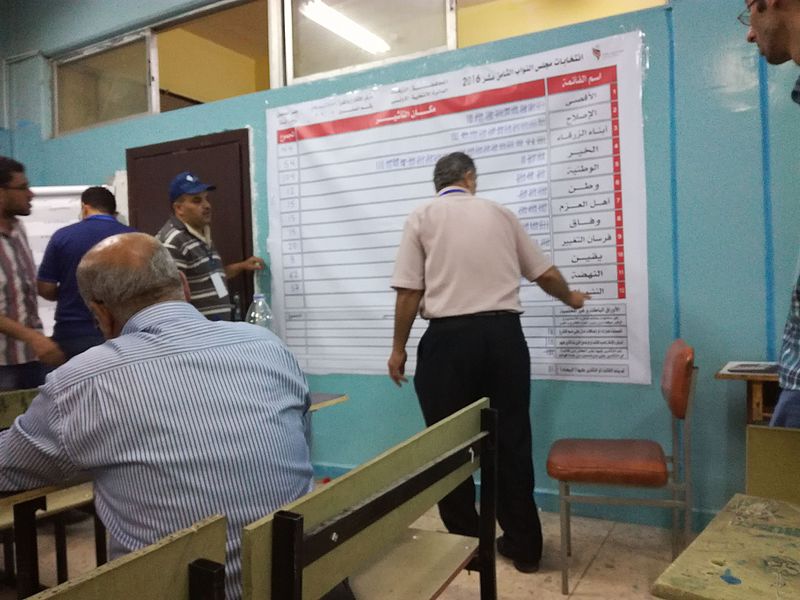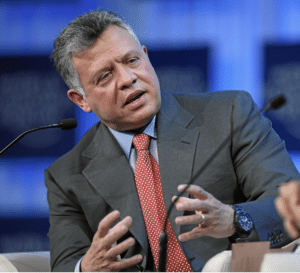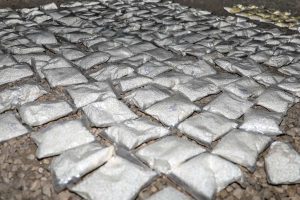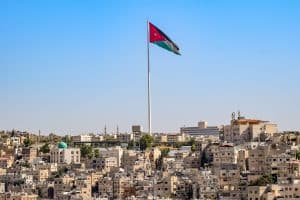On Tuesday 10 November parliamentary elections took place in Jordan. The results of the elections are not very positive: tribal representatives and businessmen have won most of the seats, no seats were won by left-wing parties (social democrats, communists, nationalists), and not a single female candidate was able to secure a seat by gaining enough votes (only the requisite 15 women were elected). The parliament will remain in the hands of tribal factions, all loyal to the government.
Very low turnout
Officials said turnout among the 4.64 million eligible to vote was 29.88%, the lowest participation rate in many years (in 2016 this was 37%). Even though Jordanians had more options to vote. The number of ballot boxed increased from around 4,800 to 8,061. In some districts of Amman, voter turnout was less than 13%. Outside of the capital turnout was higher, especially in rural and Bedouin areas.
According to Khaled Kaladeh, chief commissioner of the state-run Independent Election Commission (IEC), “fear of coronavirus has impacted the level of participation”. But more importantly, the low turnout is the result of deep public discontent about the ongoing economic crisis, high unemployment and poverty and a lack of political reform. Local sources state that citizens had no faith in the previous parliament and did not feel that this election would bring MPs who can represent them. On the contrary, the feeling was that the people’s participation would only give legitimacy to a parliament that will provide a ‘democratic cover’ for further corruption.
It all shows that a growing majority of Jordanians are becoming indifferent to the role of parliament.
Poor results for political parties
Across the country, banners of around 1,700 candidates appealed to voters along mostly tribal and family loyalty lines. There were 360 female candidates. 393 candidates were affiliated to political parties. The government maintained the electoral system that under-represents densely-populated cities that are Islamist and Palestinian strongholds.
Kalaldeh said the Islamic Action Front, the political arm of the Muslim Brotherhood and largest opposition faction, took eight seats, half the number it held in the previous parliament. But IAF Secretary-General Murad al-Adaileh stated that his party had, in fact, won 10 seats, including two on another list. IAF forged electoral alliances with Christian, ethnic minority or tribal candidates in some areas to maintain two thirds of its 15 seats.
A hundred newcomers will join the new parliament, including approximately 20 retired senior military officers.
Only 15 female MP’s elected
The number of female lawmakers dropped from 20 to 15. Fifteen seats (out of the 130 seats) are reserved for women under a quota system, and no women were elected in competitive races. Kalaldeh suggested that there are not more female MPs elected, because of the low turnout of women. A very odd statement.
Women’s rights activists said that the disappointing results for women candidates in the parliamentary elections was expected due to “male dominance” on the proportional lists. Solidarity Is Global Institute (SIGI) Executive Director Asma Khader said in a statement: “The results are unfortunate but expected because the elections are basically money and tribes. It is not about the youth, women or political parties.” She added: “The road is still long and we need to increase the quota by at least 30 per cent, and this is an international figure that stipulates a change in the system.”
Campaign
Politicians had urged Jordanians to vote amid widespread apathy and calls for a boycott of what many see as an almost toothless assembly packed with government loyalists powerless to make change. “Our society is tribal but we have to encourage people to vote. I appeal to them to head to ballot boxes to make change,” Faisal al Fayez, a prominent politician and former premier and royal court chief.
Most parties had to resort to discussions through online platforms as they were not allowed to hold any in-person activities, due to Covid-19 related measures. Although other types of huge gatherings –such as tribal gatherings in support of tribal parliament candidates- took place under the eyes of law enforcers without being interrupted.
Country in lockdown after elections
A curfew was put in place after the poll aimed at reducing celebratory gatherings that could spread the coronavirus. But images on social media showed rallies were held in various parts of the country in honour of victorious candidates. Hundreds of supporters in a number of provinces broke curfew and celebrated their candidates’ victories by holding rallies and in many documented cases firing thousands of rounds of live ammunition into the air. A number of winning candidates joined their supporters in what looked like a coronavirus super spreader event. In other cases, angry supporters of losing candidates rioted and engaged in acts of violence.
Sources: Reuters / AlJazeera / APnews / JordanTimes1 / JordanTimes2 / JordanTimes3 / Al-Monitor
Photo: Wikimedia Commons, The process of sorting the Jordanian elections 2016



